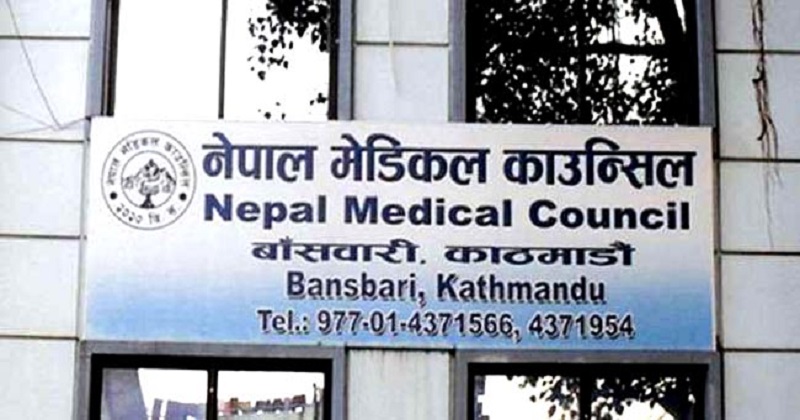
Nepal Medical Council Introduces Mandatory Skill Test for Medical License Examination
The Nepal Medical Council has recently made changes to the medical licensing process. Starting this year, medical students must pass a practical skill test before they can sit for the medical license examination.
Key Changes:
-
Introduction of the Practical Skill Test: Previously, students were allowed to participate in the medical license examination after completing their MBBS and BDS, followed by a 6-month internship. The revised standards now necessitate passing a skill test before taking the license examination.
-
Focus on Essential Skills: During their internship, students are expected to acquire 60 different skills. These range from patient examinations and professional values to infection prevention. However, the council will test only 20 of the most crucial skills.
-
Collaborative Decision: The decision to revise the standards emerged from extensive discussions with universities, health science institutes, and experts in the field.
Expert Opinions:
-
Dr. Krishna Prasad Adhikari, Registrar of the council, emphasized the shift from testing mere knowledge to evaluating practical skills. He stated, "Previously, we tested knowledge through written exams. Now, we aim to assess the skills students gain during their internship before issuing licenses."
-
Dr. Karbirnath Yogi, an expert in medical education, highlighted the importance of this new arrangement for Nepal, pointing out that several medical colleges in Nepal lack effective teaching methods for skills.
-
Prada Suraj Bajracharya, Director of Kist Teaching Hospital, noted that students often neglect practical aspects, focusing only on theoretical subjects. This new system ensures a comprehensive assessment.
Implementation Details:
-
Indigenous students will undergo skill tests at the teaching hospital of their respective college.
-
For students educated abroad, the tests will be conducted at public institutions like the University Teaching Hospital, Dharan, and Army Health Science Academy.
-
To facilitate these tests, medical colleges, with support from the World Health Organization and the government, will establish skill testing laboratories this year.
Global Perspective: Several developed countries and regions in South Asia already have skill testing as a pre-requisite for medical license examinations. Every year, Nepal produces 2,500 doctors from its 21 educational institutions, including those who have pursued their education abroad.
Conclusion: With the introduction of the practical skill test, the Nepal Medical Council aims to enhance the quality of medical education and health services in the country. By ensuring that doctors not only have theoretical knowledge but also essential practical skills, the council is taking a significant step towards improving healthcare in Nepal.
Kathmandu




